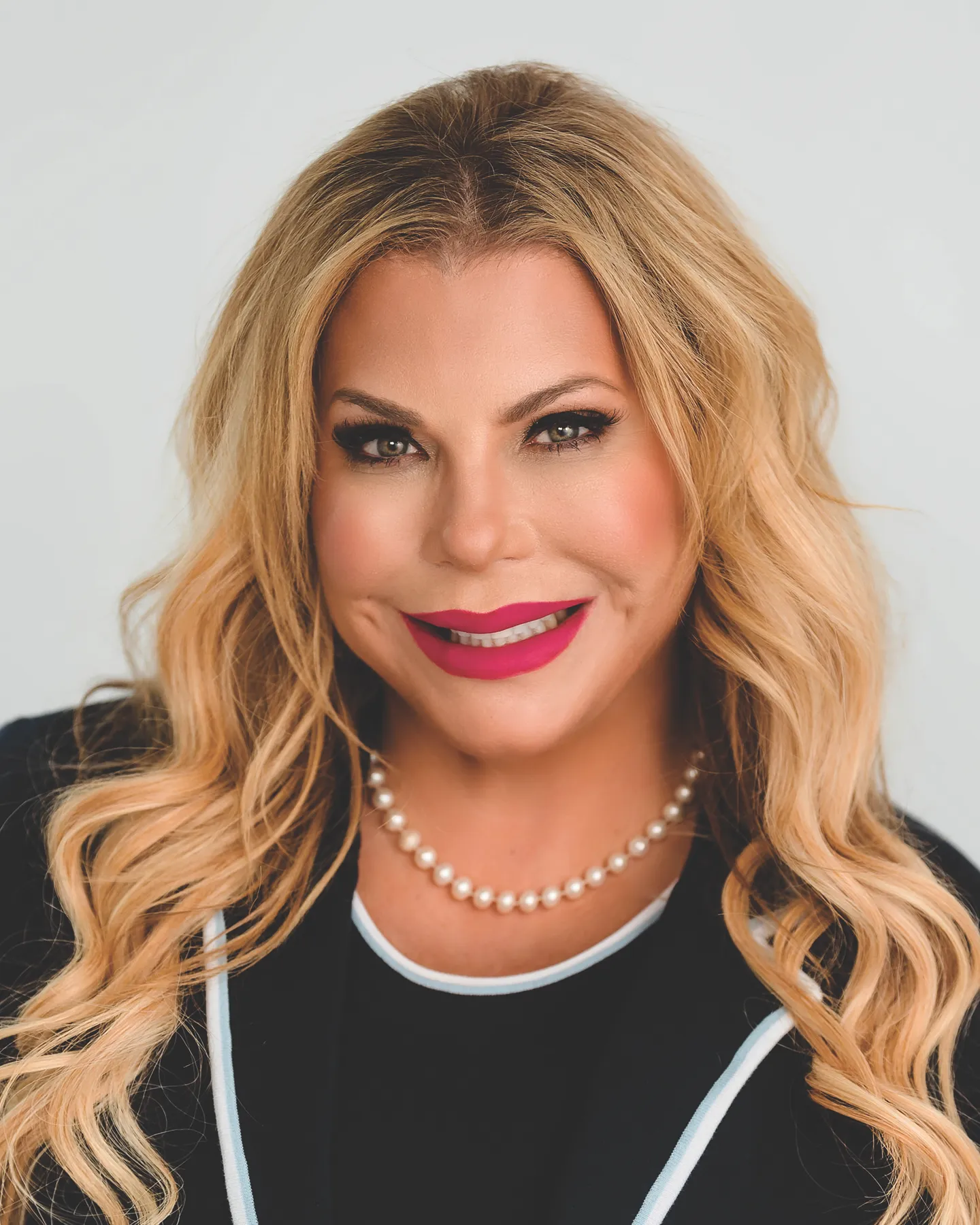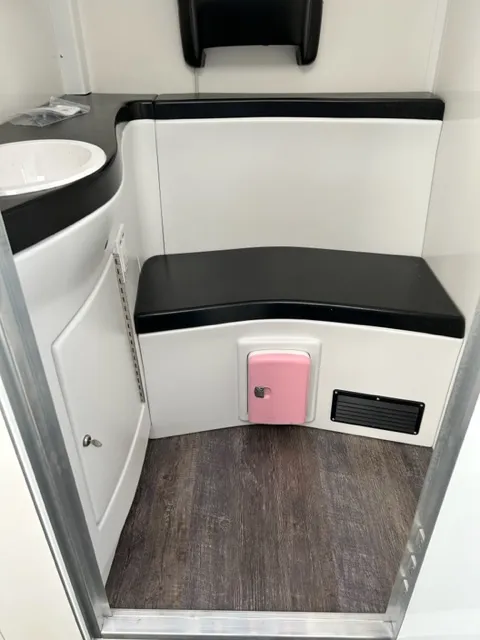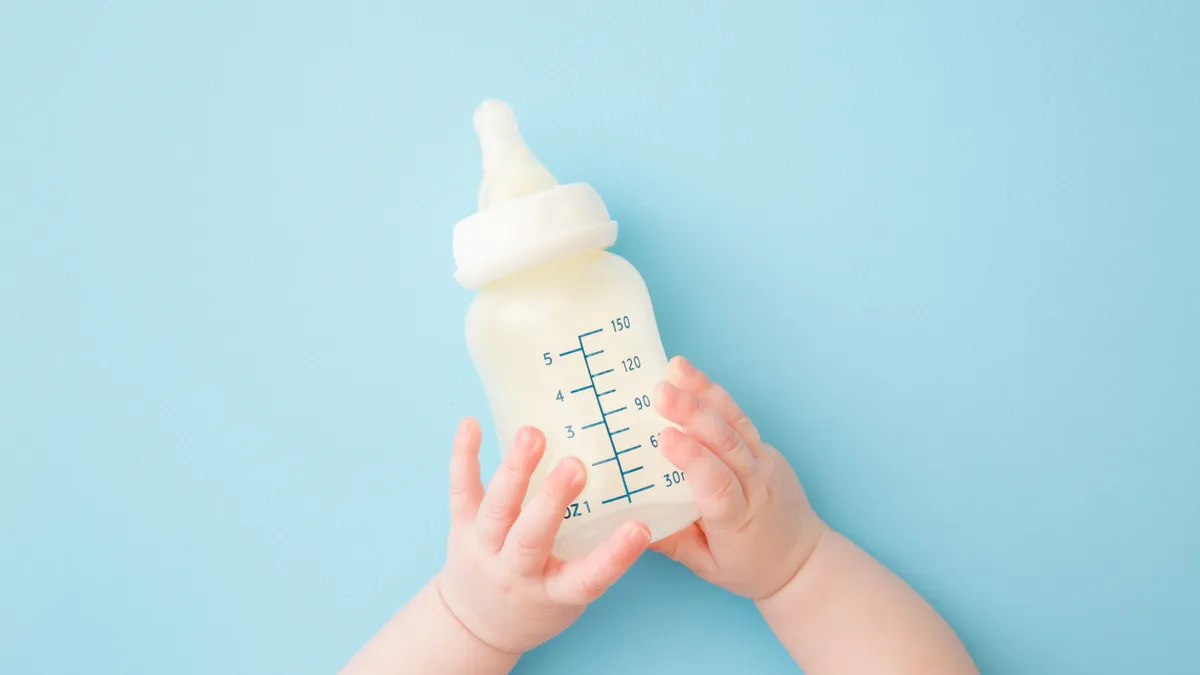Construction association executive Julie Muller had 1-year-old twins when she was transferred from Southern California to Washington state. Around that same time, she met a journeywoman with young children at an industry event and began talking about being a working mother.

“This young woman said the only way she could continue to breastfeed her baby was to go down to her car parked on the jobsite, cover the windows with sheets, and use the cigarette lighter to power her breast pump,” said Muller, western Washington executive vice president of the Sheet Metal and Air Conditioning Contractors’ National Association. “I instantly realized the inequality and that it was much easier for me to return to work with an office job than it was for her, working on a construction site.”
The conversation led Muller to spearhead a solution through a partnership between SMACNA and the International Association of Sheet Metal, Air, Rail, and Transportation Workers. While in an airport, Muller discovered lactation pods — unobtrusive, tiny rooms set up with secure access for the privacy and comfort of breastfeeding moms.
“Right away, I thought about how these could be used for women in construction,” she said in a news release shared with Construction Dive. Because the current models weren’t suitable for outdoor use, Muller found a company, Portable Trailer Products in Riverside, California, that could manufacture outdoor-ready pods. She approached the Women’s Committees at SMACNA-Western Washington and SMART Local 66 for support.
SMACNA and SMART agreed to fund the initiative, and the first two outdoor lactation pods were delivered to SMART Local 66 training facilities in Everett, Washington, and DuPont, Washington, this summer.
PUMP Act in effect
The pods look similar to a Porta-potty but are larger, weatherproof and accessed by keyless remote locks.

“They have a seating area, sink, cleaning supplies, solar plug-ins for equipment, a refrigerator to store the milk, air conditioning and Wi-Fi,” SMART Local 66 Women’s Committee Chairperson Tammy Meyer said in the release. The pods can be transported by trailer to any jobsite or large shop in the Puget Sound area.
Nursing rooms or pods are used frequently in offices, on college campuses and on military bases to give new mothers the privacy to pump breast milk, an action that is covered by the federal PUMP for Nursing Mothers Act that went into effect late last year. A second part of the law that allows workers to sue their employers if they're in violation went into effect at the end of April.
Under the PUMP Act, most nursing employees have the right to reasonable break time and a place, other than a bathroom, that is shielded from view and free from intrusion to express breast milk while at work, according to the Department of Labor. This right is available for up to one year after the child’s birth.
All employers covered by the Fair Labor Standards Act must comply with the regulation. Some state laws provide other protections such as compensated break time, or time to express milk beyond one year after a child’s birth.
Meyer said that having this product available and discreetly in place takes away the awkward conversation on the jobsite about ‘What do we do with her?’
“It’s all set up and ready to go,” she said. “And our sisters will know that they’re cared for and valuable members of the team.”















